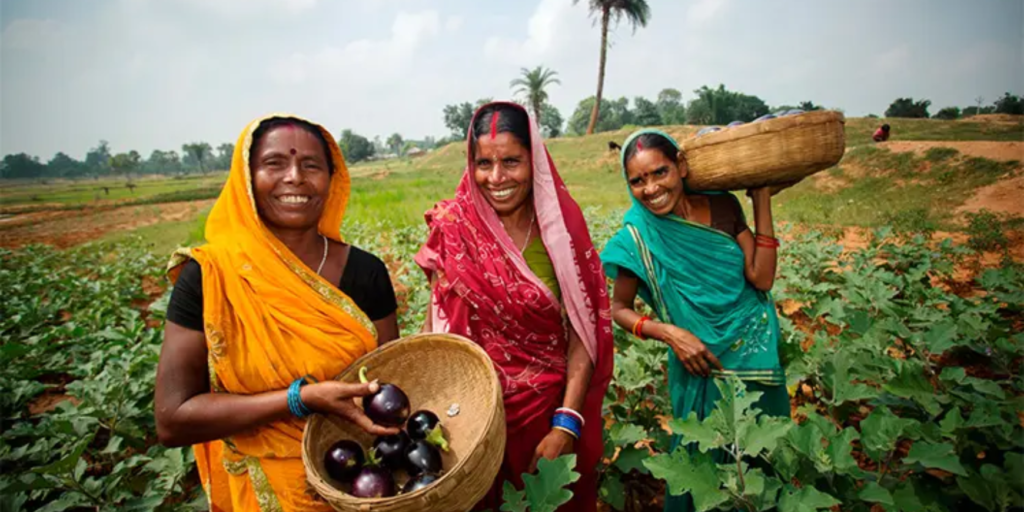In India, women farmers have historically faced numerous challenges, including limited access to land, credit, and government support. However, in recent years, they have found strength in numbers by coming together to form collectives and cooperatives.
One such example is the Mahila Kisan Adhikar Manch (MAKAAM), a national forum of women farmers’ organizations that advocates for their rights and works to improve their access to resources and markets. MAKAAM also helps women farmers build their skills and knowledge through training and capacity-building programs.
Another example is the Deccan Development Society (DDS), which is based in Telangana and works with women farmers to promote sustainable agriculture and organic farming practices. DDS also helps women farmers establish seed banks and markets for their produce, which enables them to earn higher incomes and gain greater control over their livelihoods.
Additionally, many women farmers are joining self-help groups (SHGs), which provide a platform for them to pool their resources and access credit and other financial services. Through SHGs, women farmers can also share information and best practices and advocate for their rights at the community and government levels.
Overall, these collective efforts are empowering women farmers and enabling them to overcome some of the structural barriers that have traditionally limited their opportunities and influence in Indian agriculture.

